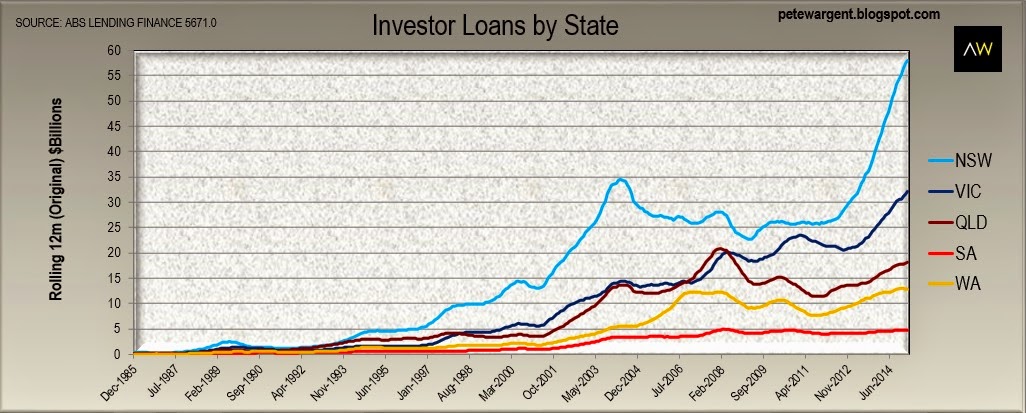Not really, it's just restricting your ability to claim any losses against profit in the same asset class.
Know of many mums and dads able to fund purchase of IPs apart from salaries? The money comes in and out from the same funding pool (other than Trust and companies which are likely to be exempt) of mums and dads resources. So, profit coming in from rental properties to mums and dads will be taxed (it is only moral), losses? - you bear it yourselves (the rental properties cannot bear the loss) - use your salaries if you still have it. (If you have lost your job and in financial trouble? Why did you invest in the first place, knowing that the 'government' is actively discouraging you?) The policy is consistent with my moral compass because I am quarantining your loss until you make a profit from that activity. (If you fold up financially along the way, too bad, why try to be self-reliant in the first place with all the disincentives placed in front of you?) By the way this will not apply to any other business in Australia. In other words, conduct any other revenue earning activity and you will not find similar impediment in Australia.
If an investors entire property portfolio is (net) negative cash flow then there is no profit to speak of.
Investors, beware, if you make a loss after putting time and money and providing a worthwhile service for tenants, you will be subsidising the rental market with your salaries and other incomes. If knowing this and you still want to help maintain supply of rental properties then you might need a holiday and consider other activities.
I'll admit that inability to deduct losses from other income may deter some investors from updating their properties (if they are running net negative), but likewise an investor might be less inclined to hold a property empty for a period of time waiting for higher rent (for which they'd be partially reimbursed EOFY or as they go with a tax variation), so negative gearing may also be artificially inflating rents (renters could benefit from the removal of NG).
The financial acumen of such an investor would be weird - making loss right away in order to get higher rent. This may happen in the big populous states, not in the majority of places. Loss of rent may be $500 per week and hoping that you will get a rise of $10 more will require a year to make up for the loss. If I were the landlord I would make up my mind and advertise the rate I want, get the first tenant meeting my criteria and rent it out. Get a life!
Weirder and weirder!


